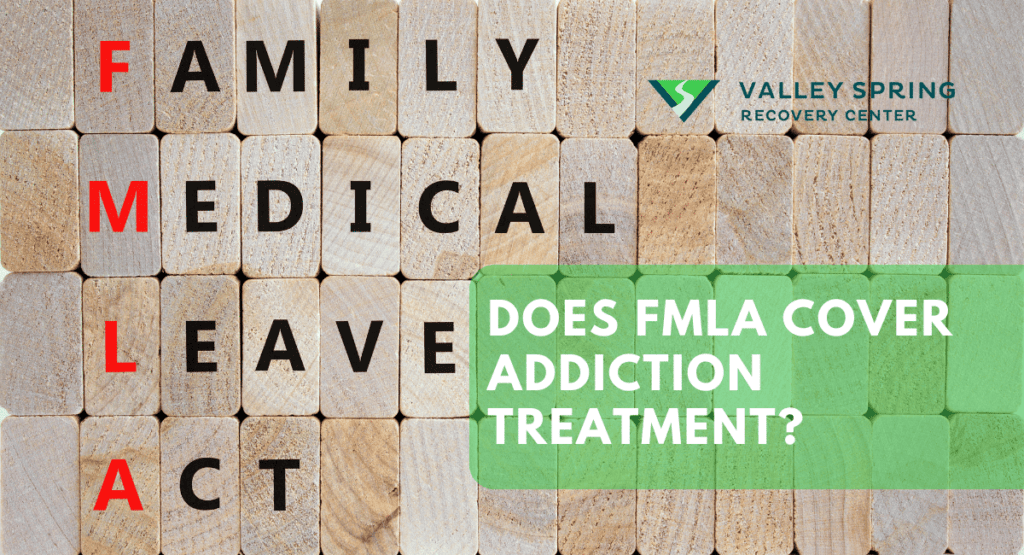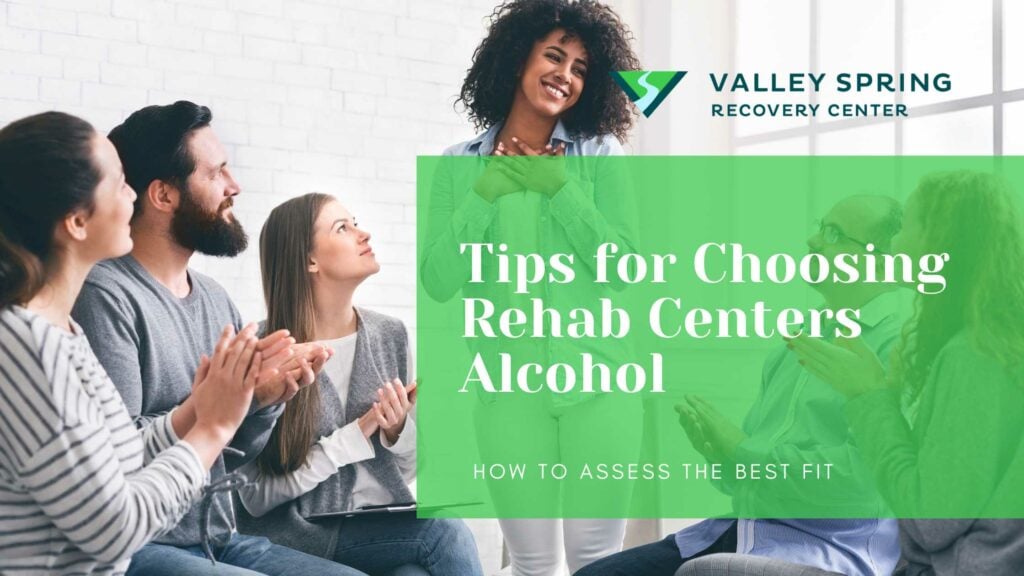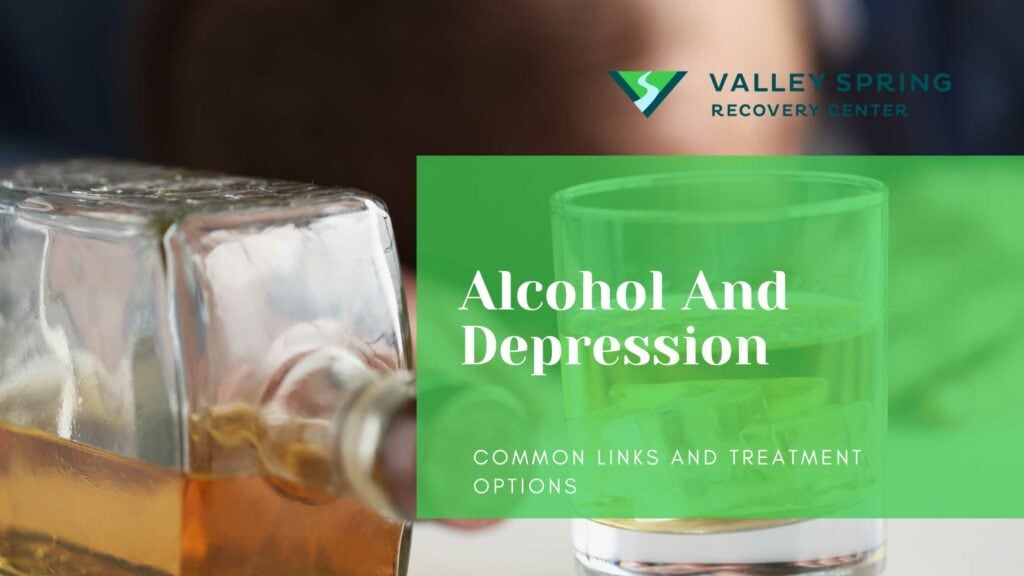Committing to rehab involves more than just addressing an addiction; it requires an understanding of the ethical, legal, and medical dimensions that govern your stay. While patient autonomy is generally upheld, even in a treatment setting, the freedom to leave rehab at any time carries its own set of consequences, both beneficial and detrimental. The intricacies of voluntary termination of treatment raise questions about the efficacy of short-term vs. long-term engagement, potential legal repercussions, and the possible setbacks in a patient’s road to recovery. It’s essential to approach this topic with informed discretion, as premature departure can sometimes mean the difference between sustained recovery and relapse. Hence, this discussion not only outlines the pros and cons of leaving rehab, but also delves into its impact on treatment outcomes and life beyond the facility. Can you leave rehab whenever you want? The short answer is yes, but the decision to leave rehab early can be complicated and carry significant consequences.
Key Takeaways
- Leaving rehab requires understanding the legal implications and potential risks associated with such a decision.
- Patients in rehab have both rights and responsibilities to consider, including increased relapse risk, negative impacts on mental health, psychological distress, and legal repercussions.
- Alternatives to leaving early include adjusting treatment plans or transitioning to outpatient care for essential coping skills & strong support network building towards long-term sobriety.
Can You Leave Rehab Early?
Rehabilitation is not a correctional facility, and individuals with substance abuse issues may choose to leave drug treatment facilities whenever they want. However, understanding the difference between voluntary departure and leaving a rehab against medical advice, along with the rights and responsibilities of patients in a rehab facility, is important.
Leave rehab early can lead to various dangers, including relapse and negative impacts on mental health. In fact, a recent study included in the National Library Of Medicine found that AMA’s or Against medical advice discharges continue to be a highly prevalent problem of health care quality, representing as many as 2% of all hospital discharges.
What Is A Voluntary Departure vs. Against Medical Advice (AMA)?
Voluntary departure occurs when a patient elects to leave a treatment center with the approval of the staff, whereas leaving against medical advice (AMA) is when a patient decides to leave without the consent of the staff.
Discharge against medical advice (AMA), in which a patient chooses to leave the hospital before the treating physician recommends discharge, is a problem for many physicians who treat hospitalized patients.
Source: “I’m Going Home!” SAMSHA
Rehabilitation centers, such as Valley Spring Recovery Center, often request patients who express a desire to leave to stay for a minimum of 24 hours to facilitate further dialogue and address their concerns.
AMA discharges occur on one occasion out of every seven admissions to a specialized unit for treating alcohol withdrawal symptoms. Avoiding patient discharge against medical advice is a primary concern of rehab center staff in an addiction center.
What Are Patient Rights and Responsibilities?
Patients in rehab have the right to receive kind, safe, and respectful care that is free from abuse or neglect. They also have the right to maintain privacy, confidentiality, and individual courtesies that support their rehabilitation experience, even if they decide to leave rehab AMA.
However, patients also have a responsibility to consider the potential consequences of their decision to leave rehab early. Departing rehabilitation prematurely can increase the likelihood of relapse and disrupt the rehab process. To promote adherence to substance abuse treatment programs, strategies may include involving family members, engaging in effective communication, and offering support.
What Are The Dangers of Leaving Rehab Early

Leave rehab early can lead to various dangers, including:
- Relapse
- Negative impacts on mental health
- Discontinuing treatment prematurely
- Psychological distress
- Legal repercussions
We will now examine the specific risks tied to relapse and the effect of premature rehab departure on mental health.
What Are The Relapse Risks Of Stopping Addiction Treatment Against Medical Advice?
Patients who leave rehab early face an increased risk of relapse, as they may not have acquired the necessary skills to maintain sobriety. For opioid users who discontinue treatment after 7-14 days, the risk of overdose is particularly high.
Relapse can also result from an increased compulsion to use substances as a means to reduce withdrawal symptoms or cravings. Completing the rehab program and staying until the end is necessary for sustaining sobriety and warding off relapse. Furthermore, when an addict has a short period of abstinence, the risk of relapse is high and the potential for overdose is increased since tolerance has been decreased. Using the some amount of drugs that were used prior to entering treatment can result in an overdose.
Impact on Mental Health

Leave rehab early can also negatively affect a patient’s mental health. Untreated withdrawal symptoms may be exacerbated, and this could further complicate any existing mental health issues.
Completing rehab provides patients with the time and support to tackle the root causes of their addiction and manage their mental health effectively.
What Are The Common Reasons for Leaving Rehab Early?

Despite the potential dangers and consequences, some individuals still choose to leave rehab early. Common reasons for leaving rehab early include emotional struggles and misconceptions about the treatment process.
In this section, we’ll explore these reasons further and discuss the challenges patients face during rehab.
Emotional struggles can be overwhelming and difficult to manage, leading to feelings of hopelessness and despair. Patients in rehab may experience a range of emotional difficulties, such as feelings of guilt, shame, and fear. They may also face intense cravings for drugs or alcohol, as well as depression and anxiety.
Furthermore, they may have difficulty managing suppressed emotions that have been buried for a prolonged period. Addressing these emotional struggles within the rehab setting can help patients overcome these challenges and continue their journey toward recovery.
Misconceptions about treatment can lead patients to believe that rehab is unnecessary or a waste of time, especially in cases of drug abuse. For example, some individuals may think that detox alone is sufficient for recovery, not recognizing that addiction is a complex disease requiring comprehensive treatment and support.
What Strategies Work to Encourage Patients to Stay in Rehab?

To help patients stay in rehab and complete their treatment, various strategies can be employed. We will now consider the role of family involvement and the maintenance of open communication between patients and treatment providers.
Family involvement is an important factor in successful treatment outcomes. Family members need to have an education.
Family involvement in rehab can provide crucial support and encouragement for patients to continue their treatment. By actively participating in the recovery process, family members can offer emotional encouragement, create a constructive atmosphere for the patient, and help ensure the patient is adhering to the treatment plan.
Involving family in rehab can help patients feel more supported and motivated to complete their program.
Effective and open communication between patients and treatment providers is key to guaranteeing optimal care for the patient. Open communication can help address any concerns or misunderstandings, allowing patients to feel more comfortable and engaged in their treatment. By fostering a trusting relationship between patients and their treatment team, effective communication can motivate patients to remain in rehab and complete their program.
What Alternatives Are There to Leaving Rehab Early?

For patients considering leaving rehab early, it’s important to understand the potential risks of leaving treatment early and explore alternatives that may better suit their needs and circumstances.
We will now consider the alternatives of modifying the treatment plan and shifting to outpatient care.
Adjusting the treatment plan can help address any issues or concerns the patient may have, making it more likely they will stay in rehab. Modifications to the treatment plan may include altering the form of therapy, the duration of the program, or the intensity of the program.
Tailoring the treatment plan to meet the patient’s unique needs and challenges can make rehab a more personalized and effective experience.
Transitioning to outpatient care involves moving from a residential treatment program to an outpatient program, such as an intensive outpatient program or a partial care program. Outpatient care provides continued support and treatment for patients while they live at home or in a less restrictive environment.
This option can provide more flexibility for patients who may struggle with the intensity of inpatient rehab, allowing them to maintain their responsibilities and commitments while still receiving the necessary support for their recovery.
What Are The Benefits of Completing Rehab?

Completing rehab is pivotal for achieving long-term recovery and living a healthy, fulfilling life. The benefits of completing rehab include acquiring essential coping skills and building a strong support network.
Developing essential coping skills during rehab is key to preventing relapse and fostering long-term sobriety. Coping skills provide individuals with effective ways to manage stress, triggers, and challenging situations without resorting to drugs or alcohol. Examples of coping skills include:
- Deep breathing
- Journaling
- Challenging negative thoughts
- Engaging in physical activity
Building a strong support system and establishing a solid support network during rehab can offer continuous encouragement and aid in sustaining sobriety post-treatment. A support network can include:
- Family members
- Friends
- Therapists
- Support groups
All working together to provide emotional and spiritual support, accountability, and a sense of community. By fostering these relationships during rehab, patients can ensure they have the necessary support system in place to continue their recovery journey after leaving the treatment facility.
Can you file a complaint against a rehab center if you showed up and received bad treatment?
To file a complaint against a drug rehab center due to inadequate or inappropriate treatment, first clearly define the issue, such as unprofessional staff behavior, poor medical care, or unsanitary conditions. Document every detail of your experience including dates, times, and names of staff involved, along with any incidents. Collect evidence like photographs or witness statements. Consult the rehab center’s internal complaint policy for guidelines on how to file a complaint. If the issue remains unresolved, escalate your complaint to the state agency responsible for licensing rehab centers, usually the health department. Additionally, if the center is accredited by The Joint Commission or CARF, complaints can be filed with these organizations too. For serious concerns involving harm or patient rights violations, seeking legal advice is advisable. Sharing your experiences on online platforms and with advocacy groups can further help in bringing attention to your issues. The specific process and agencies involved in how to file a complaint against a drug rehab center may differ depending on your location and the complaint’s nature.
Meeting In The Middle Can Provide Mutually Beneficial Outcomes
In conclusion, while it is legally possible to leave rehab early, the decision to do so can carry significant consequences for one’s recovery and mental health. Leaving treatment early is like leaving a hospital early, your insurance won’t like it and the treatment outcome will probably not be successful. Early in recovery, it’s easy to become emotional over small things that may not matter much in the long run. Your recovery should always come first. It’s essential to weigh the pros and cons carefully and consider alternatives such as adjusting the treatment plan or transitioning to outpatient care. By completing rehab, patients can acquire essential coping skills and build a strong support network, setting themselves up for long-term recovery and a healthier, more fulfilling life. Remember, the road to recovery is a lifelong journey, and completing rehab is a crucial step in building a solid foundation for success.
Sources
- “I’m Going Home”: Discharges Against Medical Advice, NLM; https://www.ncbi.nlm.nih.gov/pmc/articles/PMC2664598/
- Factors Associated With Patients Who Leave Acute-Care Hospitals Against Medical Advice. Am J Public Health. 2007 December; https://www.ncbi.nlm.nih.gov/pmc/articles/PMC2089112/
Ben Fisher
All author postsShare This Post











1 comment
Discovery Point Retreat
Very nice article, exactly what I needed. Some people leave rehab whenever they want and end up worse as a result. Very useful post I really appreciate thanks for sharing.